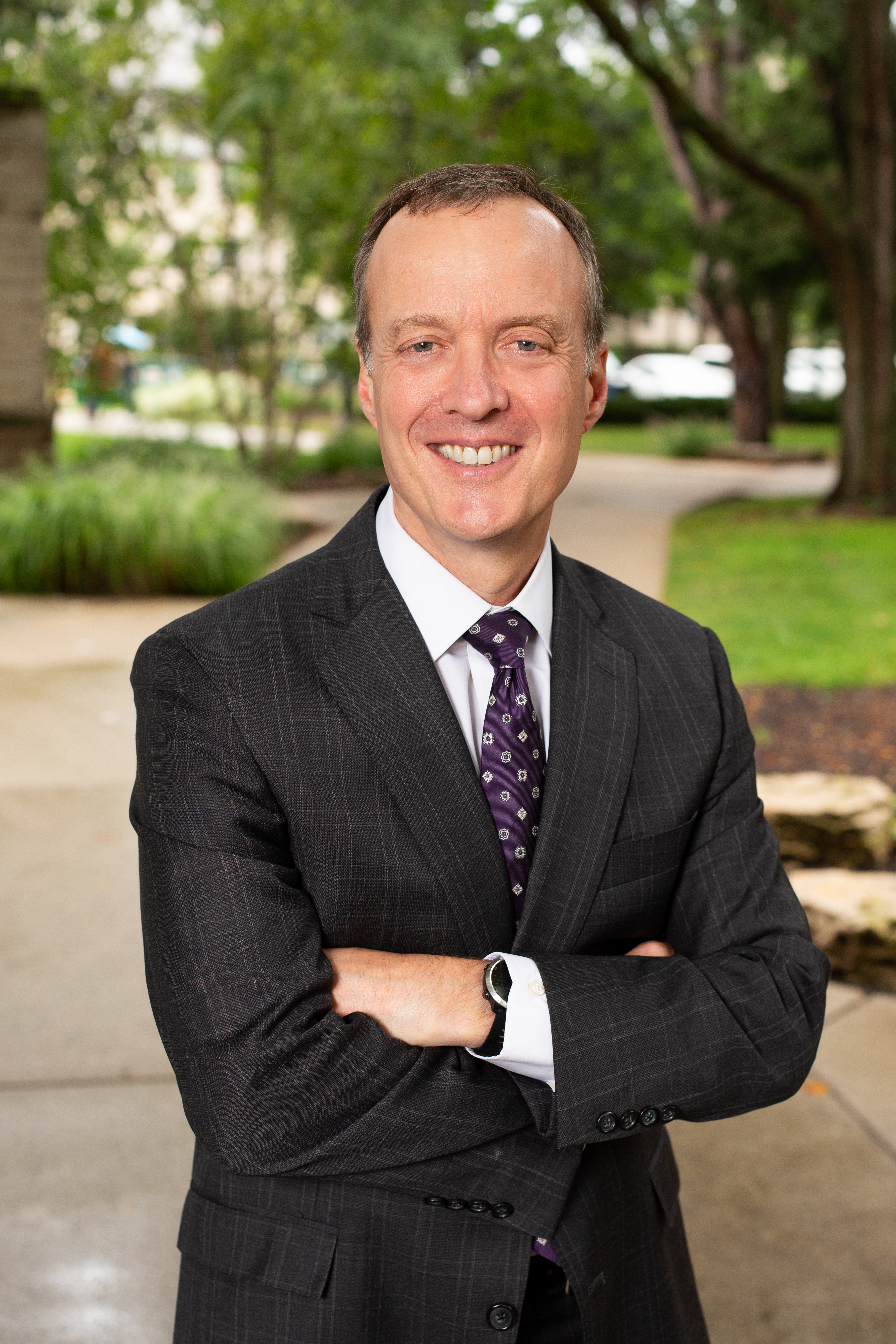Strategic goals drive research ecosystem innovations
Strong portfolio growth and University priorities spur key administrative changes
By Matt Golosinski
With bold ambitions that span the biosciences, decarbonization, renewable energy, data analytics, and artificial intelligence, Northwestern has announced a plan to enhance its central research administrative functions to support and expand its $1 billion research enterprise.
To meet these high standards, the Office for Research is implementing strategic changes to create a more efficient and supportive environment for faculty and staff. The goal is to provide researchers with service that quickly and efficiently advances their work while remaining compliant with increasingly complex federal regulations and research security requirements.
To move toward this aim quickly and effectively, the Office for Research collaborated with the Office of the Provost and Huron Consulting Group to conduct a detailed self-assessment. Feedback stemmed from hundreds of interviews with faculty members and staff, peer benchmarking, and data analysis. The effort, which began last fall and concluded this spring, identified areas for improving organizational structure, reporting relationships, and roles supporting current and future research activities and University priorities.
Outcomes from the assessment include strategic staffing increases to meet critical high-volume demand and redirecting existing resources to better integrate core functions such as administrative operations, analytics, and training. These strides will improve the research community's efficacy, productivity, and service. Provost Kathleen Hagerty emphasized Northwestern’s commitment to research excellence: "Our research is thriving, with so many exciting and high-impact projects underway. Still, given the scale of all this activity, we recognize the need for improvements and so took the steps to move quickly and make meaningful changes to sustain our research community.”
Taking action to support faculty and staff
 Vice President for Research Eric Perreault (pictured left) said one priority is a recommitment to engaging research stakeholders as partners. A strong proponent of building productive relationships across offices, units, and schools, Perreault sees service excellence as foundational for research excellence with societal impact.
Vice President for Research Eric Perreault (pictured left) said one priority is a recommitment to engaging research stakeholders as partners. A strong proponent of building productive relationships across offices, units, and schools, Perreault sees service excellence as foundational for research excellence with societal impact.
"By realigning our resources and enhancing our organizational structure, we are creating a more efficient and effective support system for our research community,” said Perreault. “These changes will help manage workload better and ensure compliance with complex regulations."
The University is also increasing strategic staffing in high-volume areas such as the IRB Office, Sponsored Research, Export Controls and International Compliance, and ASRSP to boost productivity and support the research community. Structural innovations include appointing Renee Gonzales (pictured below right) as the inaugural chief research operating officer to oversee research operational functions, ensure service delivery, and support research growth.
Changes also involve streamlining proposal, award, and subcontract management processes to ensure flexibility, efficiency, and compliance. Business administration, research analytics, and training activities will be restructured to increase capacity and service levels. Further, advisory groups and joint committees, expanded communications, and reconciliation of obstacles to collaboration will tighten network connections across the University.
"By driving up efficiency in critical areas such as grants management and various compliance functions, we are working to shorten transaction times for our faculty, increasing opportunities, and reducing costly potential risks,” said Perreault. “This means our faculty can focus on what they do best—high-impact research—and do more of it."
"These improvements are a significant step towards elevating Northwestern’s research capabilities, and Eric Perreault is a collaborative leader with the vision and commitment to implement these needed changes,” said Provost Hagerty. “By fostering interdisciplinary collaboration and streamlining processes, we are positioning our faculty to continue to produce transformative knowledge that benefits society."